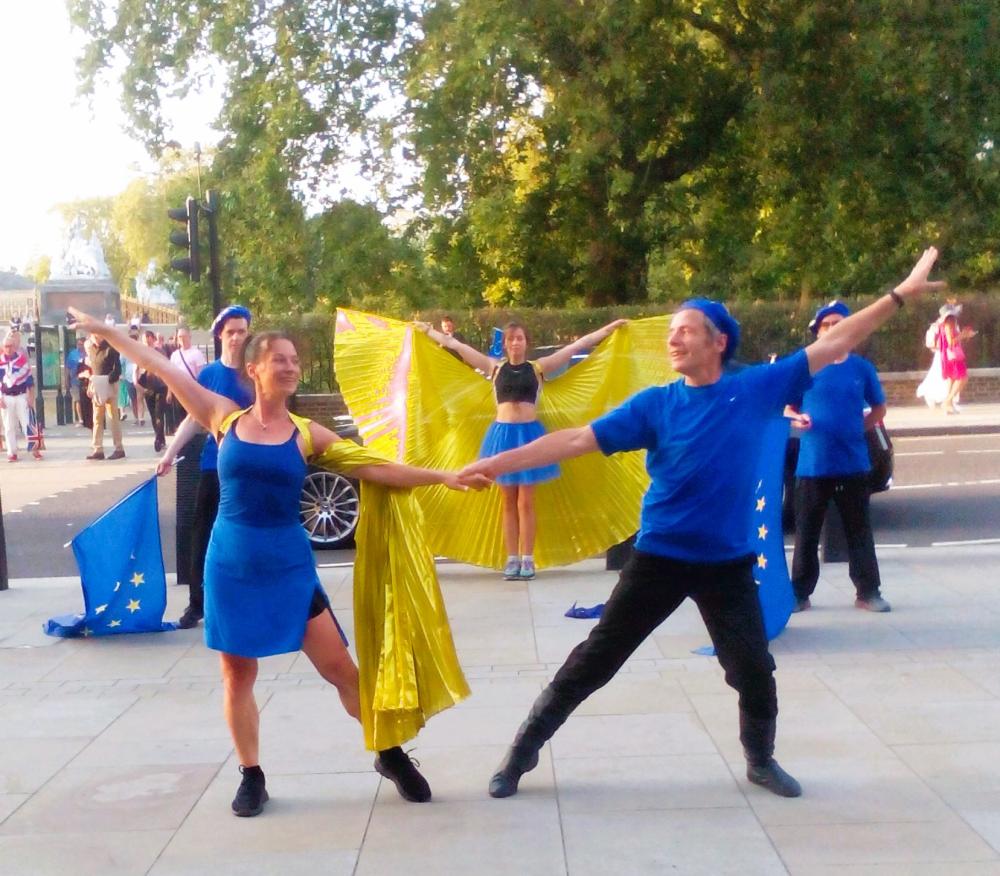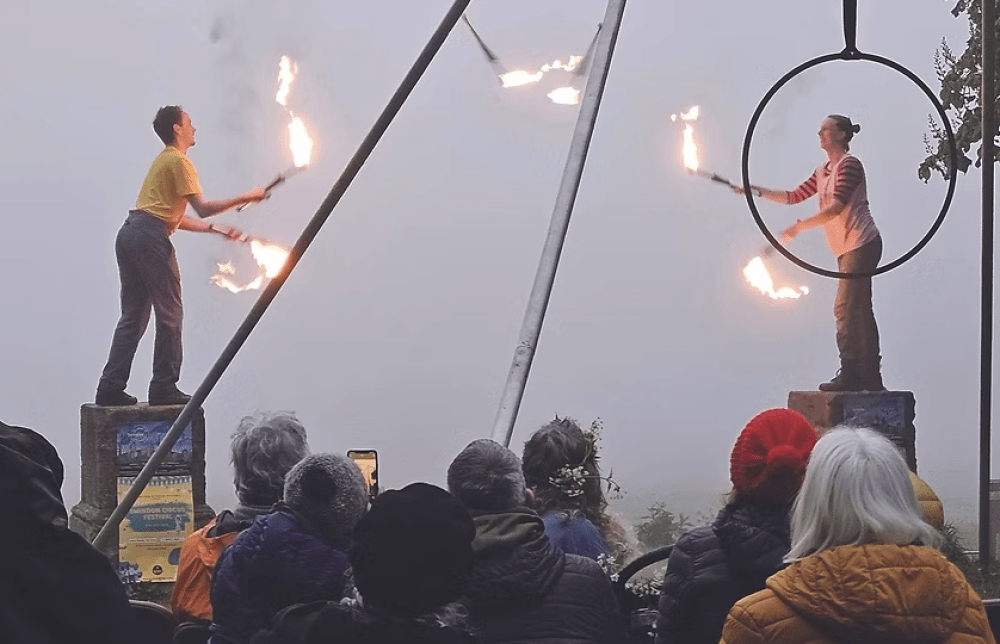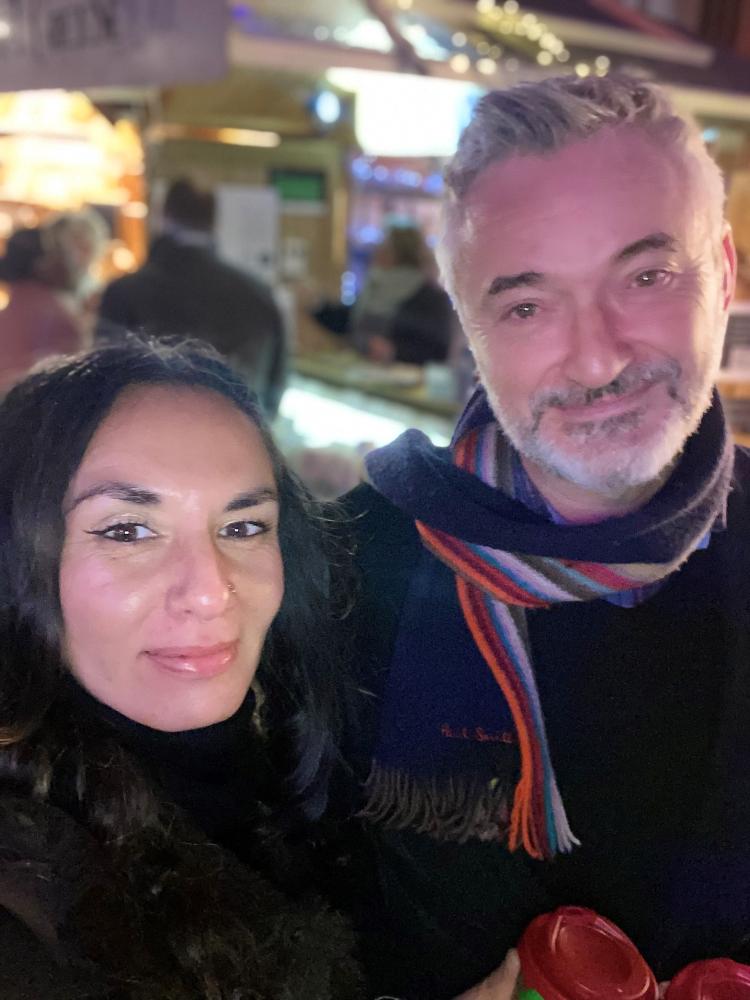Whether it's watching Netflix, scrolling through TikTok, or playing a few rounds of Candy Crush, most of us spend a good portion of our free time online. The way we relax, entertain ourselves, and connect with others has shifted radically over the past two decades – and it's still changing. Traditional pastimes like board games, television or even reading are being redefined, often replaced or supplemented by immersive digital experiences.
This evolution isn’t just about technology – it’s about behaviour. Across communities in towns like Swindon and beyond, we're seeing how digital leisure is reshaping routines, social dynamics and even local economies. From mobile apps to multiplayer gaming to virtual casinos, digital entertainment is now central to how many people choose to spend their time.
New habits, new platforms – and new risks
One area experiencing rapid growth is online gambling. Once considered a niche market, it's now a mainstream activity for millions across Europe. Platforms that offer digital slots, poker, roulette and more have become incredibly accessible, and many are highly targeted in their design. Sites like spilavíti known for generous bonuses, well-designed interfaces and mobile compatibility – all of which cater to a new generation of users looking for fast-paced entertainment from the comfort of their homes.
Yet, as the options grow, so too do the risks. Experts and local authorities alike have raised concerns about the potential for addiction, especially among younger audiences. In the UK, gambling remains a tightly regulated industry, but the rise of international platforms has opened up a grey zone that is not always easy to monitor. This creates a pressing need for awareness, education and digital literacy – something increasingly discussed not just in Parliament but also at the community level.
The psychology of instant access
Digital platforms are designed for engagement. Algorithms ensure we see what we’re most likely to click on, while notifications and gamification keep us coming back. This isn't exclusive to social media – it applies equally to online gaming and gambling environments. The appeal of a ‘quick win’, the dopamine hit from a bonus round, or the seamless flow from one game to the next, all feed into a cycle of continuous interaction.
These developments raise questions about how we define healthy digital habits. While entertainment has always been part of human life, the line between fun and compulsion is becoming increasingly blurred in the digital realm. Community centres, schools and families are being encouraged to open dialogues about responsible online behaviour – especially as younger generations grow up with these platforms as the norm.
What this means for local communities
The digital shift isn’t confined to major cities. Towns like Swindon are also seeing the impact, from changing consumer behaviour to the local availability of support services for those dealing with problematic usage. Charities and public health initiatives are beginning to include digital wellbeing as part of their broader outreach, acknowledging that this is no longer just a tech issue – it’s a social one.
Additionally, the rise of digital leisure has broader economic implications. While it offers new business opportunities, from app development to virtual services, it also challenges existing models of social engagement. Local venues, cinemas, and hobby clubs now compete with on-demand, algorithm-driven alternatives. As more people turn to their screens for leisure, the question becomes: how do we maintain a balance between the digital and the physical?
Finding a new equilibrium
Ultimately, digital leisure isn’t inherently negative. It offers incredible access, connectivity and convenience. But as with all things, moderation and awareness are key. Whether it's a night of streaming, gaming with friends online, or testing your luck in a virtual casino, the important thing is being mindful of how and why we engage with digital platforms.
The future of entertainment is undoubtedly digital – but the conversation around how we navigate this new landscape is just beginning. And it’s a conversation worth having – from Parliament to living rooms to community hubs across Swindon and beyond.








